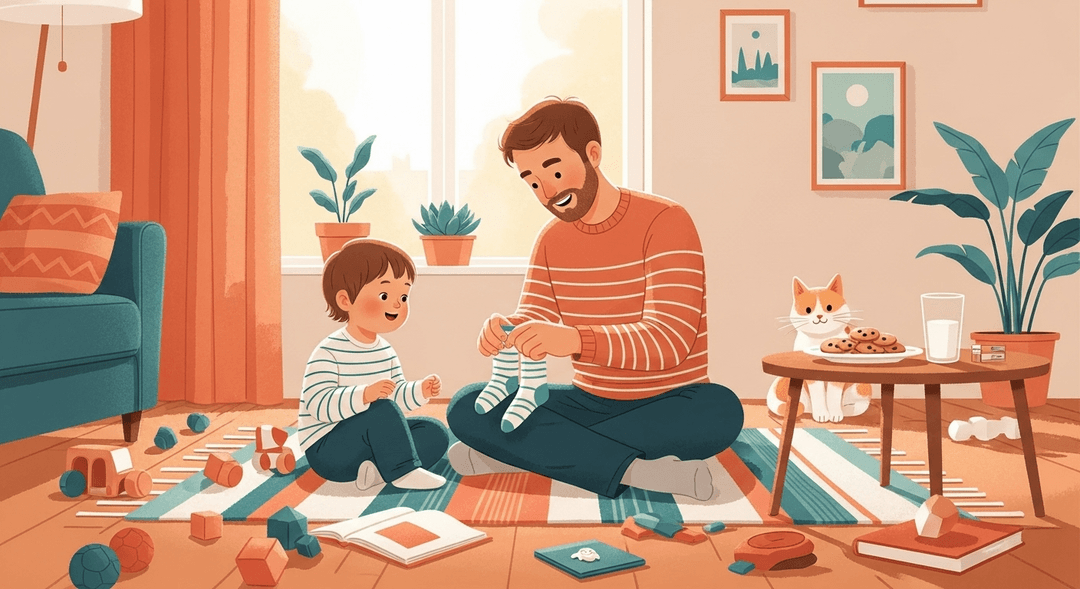Help Them Develop a Sense of Gratitude
Ever feel like your kid thinks the snack fairy is on call 24/7 and that socks magically fold themselves? Welcome to Gratitude Bootcamp, where we try to convince tiny humans that 'thank you' is more than just a spell to get dessert. If you’re tired of your heartfelt efforts being met with the enthusiasm of a potato, this one’s for you—let’s sprinkle a little appreciation on our daily chaos.
Kids who practice gratitude are basically training their brains to notice the good stuff, which helps them feel happier, less stressed, and more connected to people around them. For parents, it’s a sanity-saver—gratitude moments can actually lower your blood pressure (and maybe your urge to hide in the bathroom).
How to do it
Start by naming one good thing at dinner, even if it’s just surviving the day.
Model saying "thank you" for the little things, such as someone passing the ketchup or not spilling milk.
Make a game of spotting "awesome things" together, whether you’re on walks or during bedtime.
Keep it low-pressure. If your child says they’re grateful for pizza three nights in a row, just roll with it.
Key Tips:
- Focus on small, everyday moments to build gratitude.
- Show appreciation out loud so your child can learn by example.
- Turn gratitude into a fun activity, not a chore.
- Accept repeated answers—consistency is more important than variety.
